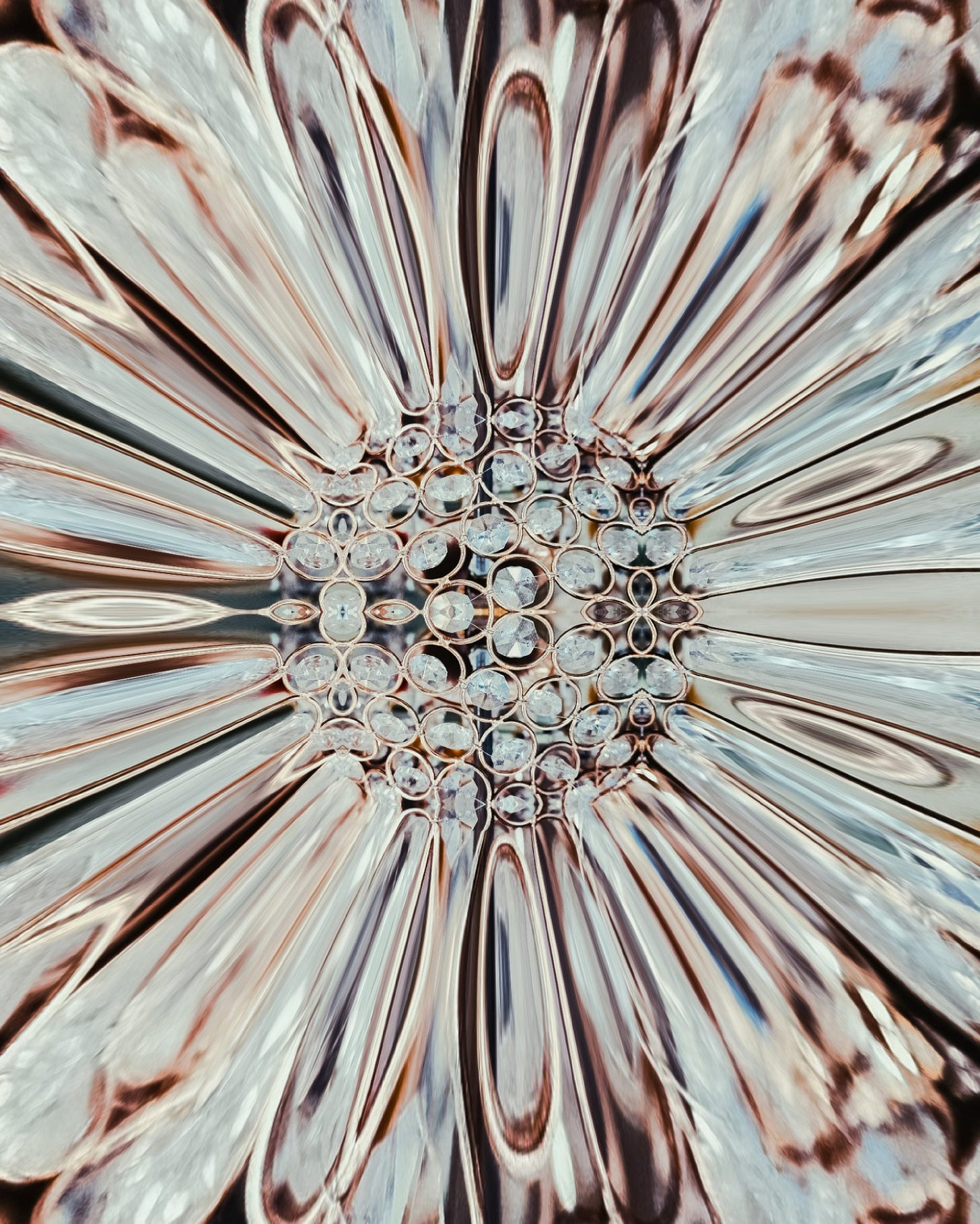Diamonds Are a Crook's Best Friend (with Aja Raden)
What do the new rolling sanctions mean for Russia and for organized crime?
A bag full of cash may be quite continental, but diamonds are a crook’s best friend.
“Diamonds have been used to money launder for the last hundred years,” says Aja Raden, author of Stoned and The Truth About Lies, featured expert in the 2023 diamond industry documentary Nothing Lasts Forever, and my guest on today’s PREVAIL podcast. “They’re small; they’re fungible. You can’t necessarily tell one from another, and they have set value. And it’s really easy to pay someone who you’re not supposed to pay with money you’re not supposed to have by giving him a diamond.”
This comes as no surprise to anyone familiar with Hollywood or the news. Off the top of my head: The crew in Reservoir Dogs was stealing diamonds. Same with the crew in Out of Sight. In Marathon Man, when Lawrence Olivier asks Dustin Hoffman, “Is it safe?” the “it” is his diamonds. And James Bond foils a diamond smuggling operation in Diamonds Are Forever. In real life, the traitor Robert Hanssen was paid in diamonds, and Jeffrey Epstein had a safe full of them.
In 2024 and beyond, this might not be so easy. The G7 has now essentially imposed sanctions on blood diamonds—which, nowadays, are diamonds from Russia.
“Blood diamonds are diamonds that directly financially support a conflict,” Raden explains. “And that makes Russian diamonds the 21st century version of blood diamonds. The problem is Russian diamonds make up about 70 percent of the market at this point. They make up the economy of whole countries.”
How to tell where diamonds come from? Until this year, Raden tells me, “the place in which they were last significantly altered is considered their country of origin.” If Russia exports rough diamonds elsewhere to be cut and polished, that trading partner becomes the country of origin. “So all Russia has to do is send them to Armenia or India or China to be cut and polished, and then we’re importing from those countries. And that’s what they’ve been doing this whole time. And everybody knows it. . . .And they don’t care.”
For years now, sanctions on Russia have been “toothless,” because Putin has been able to make his money exporting rough diamonds to India, China, or some other non-European country. Moscow is essentially a wholesale raw diamond supplier—or, it was, until last month.
“All of a sudden, the G7, simultaneously, right before the first of the year, late December, dropped a new package of elaborate rolling sanctions on the diamond industry,” Raden says. “And the diamond industry is crying and screaming. ‘They didn’t even get our cooperation! They didn’t even talk to us about it!’ Which is hilarious, you know? That’s how you know you’re dealing with a legal cartel, when they’re like, ‘You didn’t even check with us about the laws to regulate us. We didn’t say they were okay!’”
In practice, this means two things. First, the West is finally getting serious about closing the loopholes that allow Russian diamonds to enter the global market. No more pussyfooting around.
“The coordinated effort is what really gets my attention,” Raden says. “The way all of these people who have no interest in diamonds specifically have said, ‘We’re done with that, and we’ve made some laws about it that we didn’t tell you about, and they go into effect last Thursday. You better not be doing what we think you’re doing.’”
And, second: someone has figured out how to decisively determine a diamond’s country of origin—where it was dug out of the ground, not where it was cut. Until now, this process, insofar as it was possible at all, has been both prohibitively expensive and slow. But the G7 has promised to establish “a robust traceability-based verification and certification mechanism for rough diamonds.”
If this mechanism is based on blockchain technology, “They really are screwed,” Raden says. “You really will know everywhere this diamond’s ever been, everyone it’s ever slept with. Like, you’ll be able to see its grades from high school. That’s how blockchain works.”
But does this technology exist? Can it be successfully implemented? If it does and if it it can, will the sanctions be rigorously enforced? What effect will that have on the Russian economy, the jewelry industry, and money laundering operations? In theory, making all diamonds as easily traceable as credit card transactions would screw Putin and eliminate one of the simplest ways to launder money and pay off criminals.
In words the diamond cartel might appreciate: blockchains are forever.
LISTEN TO THE EPISODE
S6 E17: Covert World War III, or, Operation Gemcrusher (with Aja Raden)
Aja Raden, author of “Stoned” and “The Truth About the Lies,” returns to PREVAIL. She updates Greg Olear about the changes coming to the diamond industry (which she foretold in the documentary “Nothing Lasts Forever”), and discusses her concerns for 2024, Elon Musk’s destruction of Twitter, contingency plans in case of Nazi takeover, lies people believe and why they believe them, the Epstein files, and her favorite Christmas movie. Plus: a new legal services firm.
Follow Aja:
https://twitter.com/AjaRaden
Buy her books:
https://www.amazon.com/Books-Aja-Raden/
Watch the trailer for the documentary:
Photo credit: Татьяна Чернышова via Pexels.





Greg, you and Aja are wonderful explainers. I love this piece!
Squelching Putin’s ability to finance his criminal aggression has to be one of the best applications yet of blockchain technology! Exactly how it’s used to track diamonds is above my pay grade, as they say, but it’s good news nonetheless!